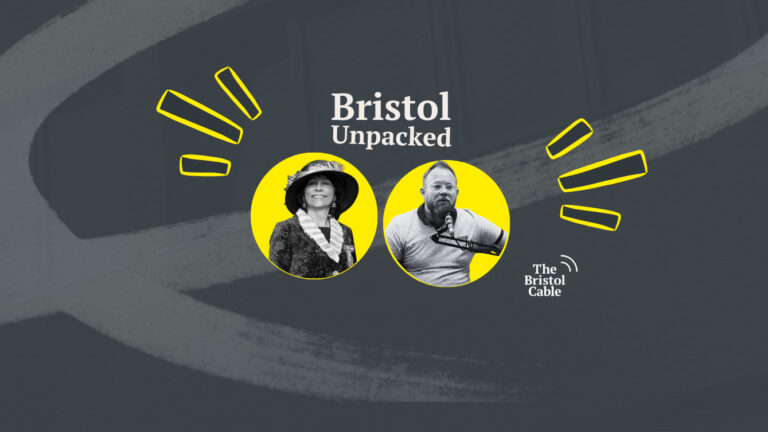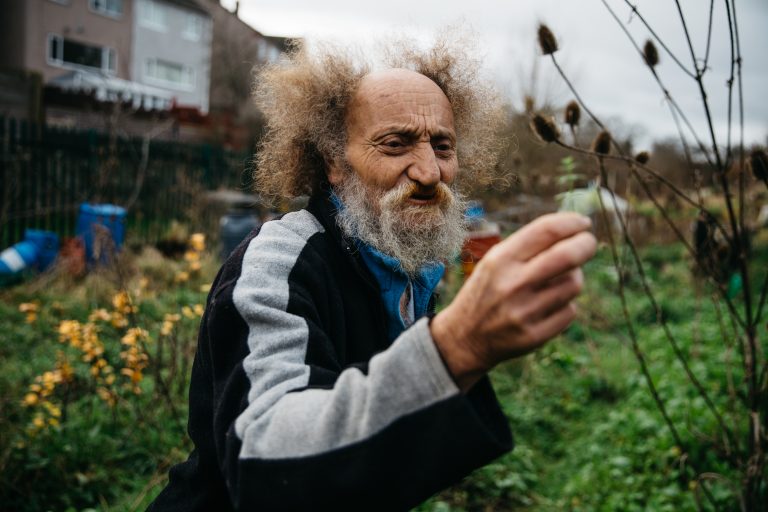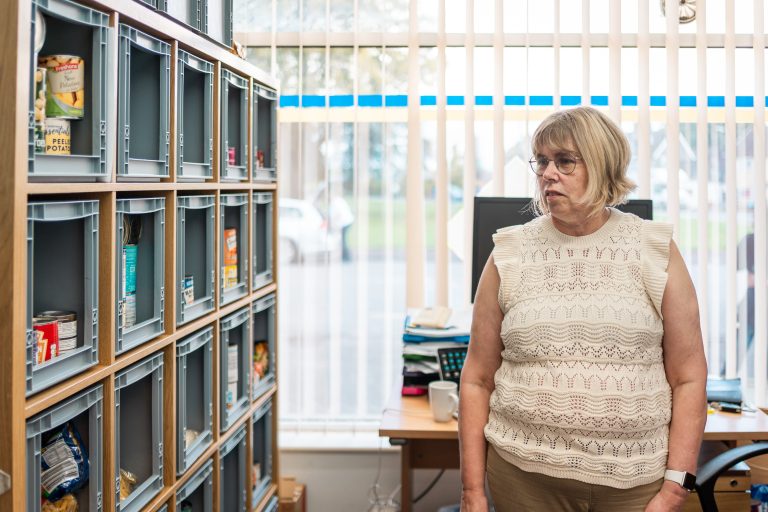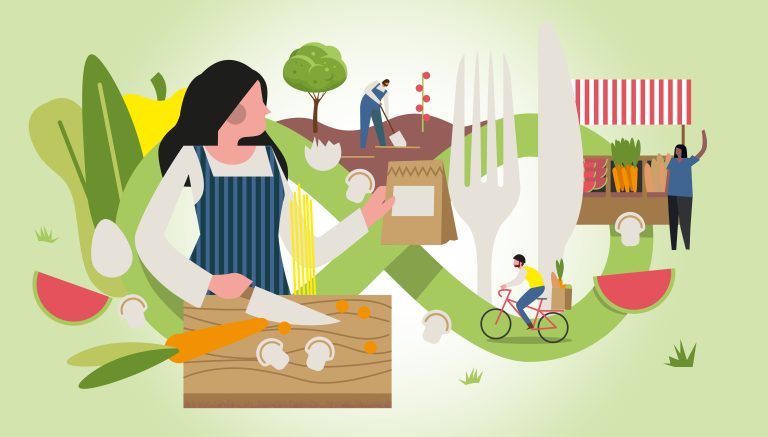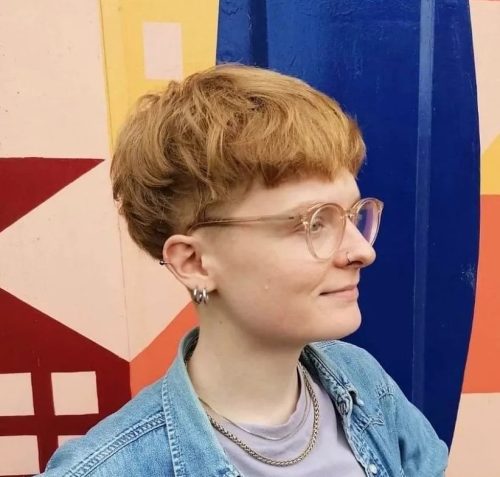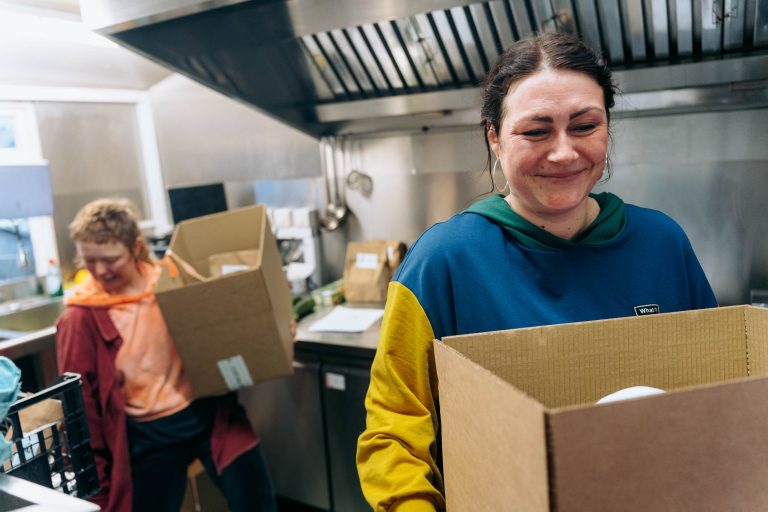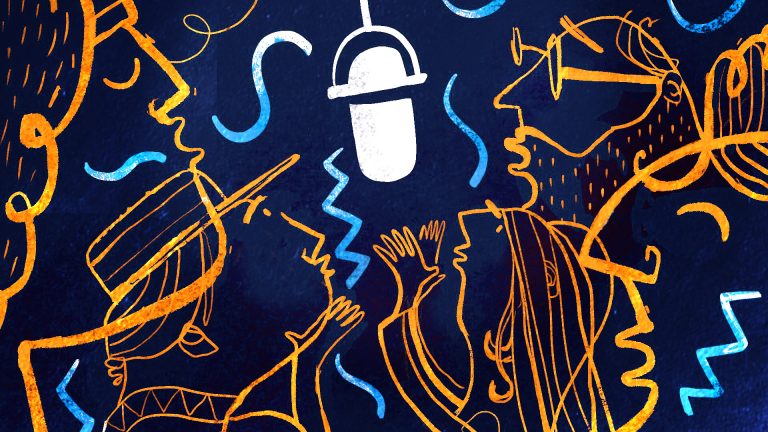Flavours without borders: A culinary journey down Stapleton Road
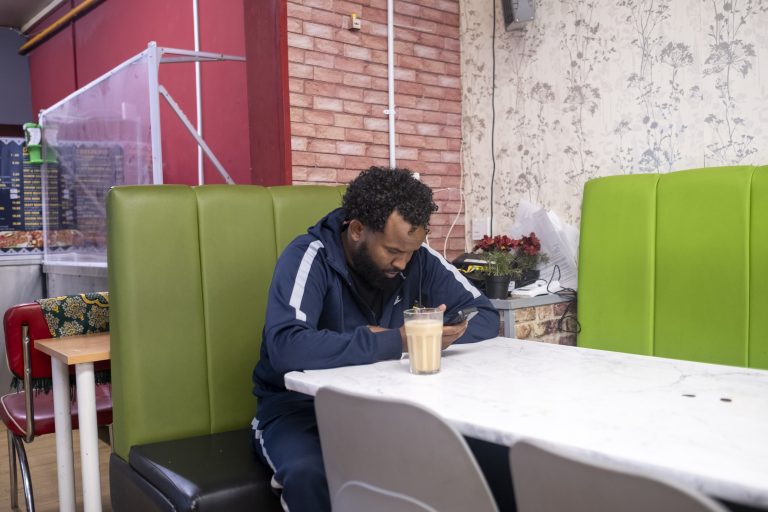
Running through the heart of east Bristol, Stapleton Road is one of the city’s most culturally rich – and often misunderstood – streets. Walk its length and you’ll find food from around the world: slow-cooked lamb infused with Yemeni spices, jerk chicken fresh off the grill, and authentic chai ordered from a sleek, flat-screen kiosk.
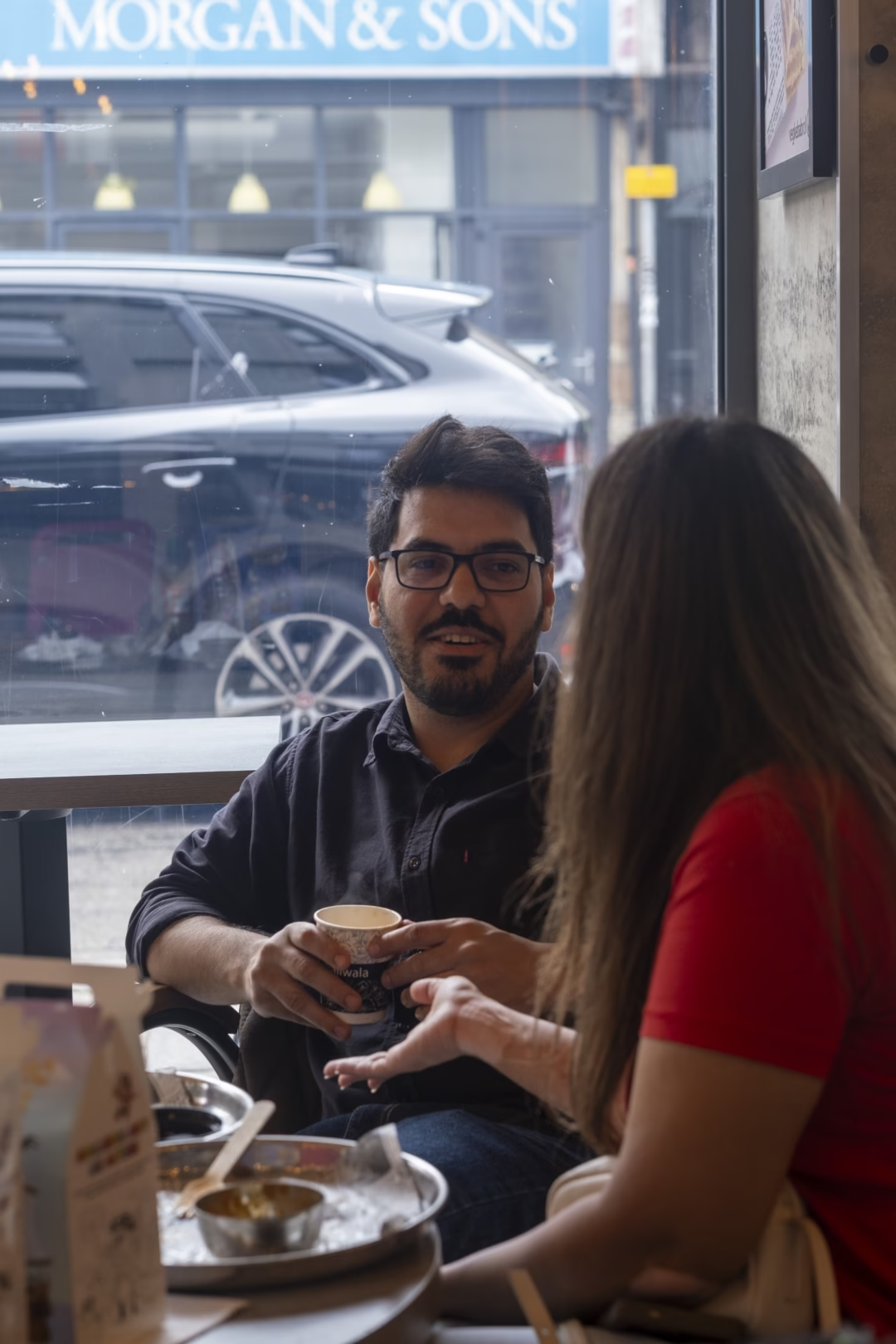
I visited on a quiet Saturday afternoon, just before the streets filled with families, friends, and regulars stopping in for their usual meals. It was the perfect moment to step inside kitchens, speak with the owners, and soak in the atmosphere.
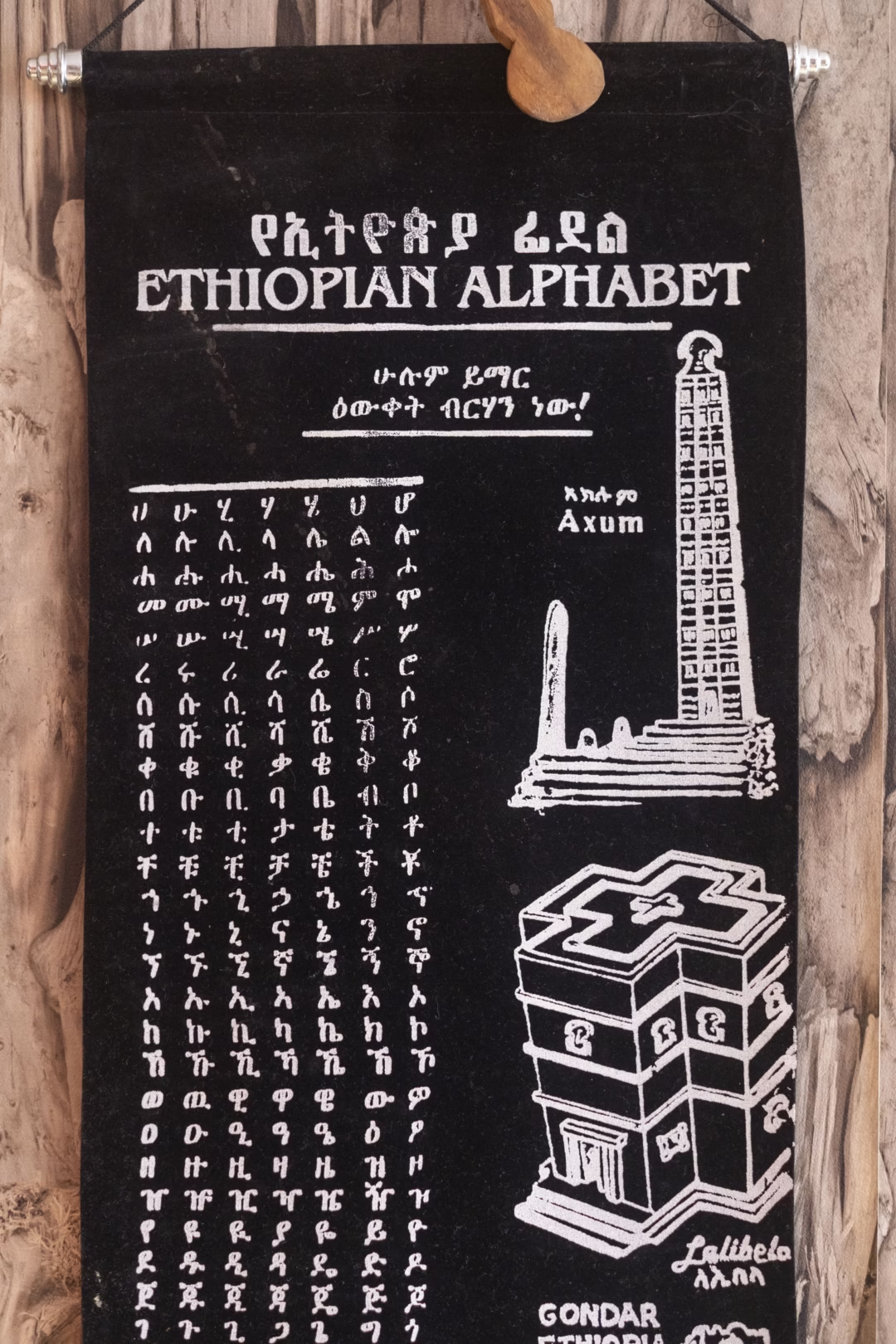
At Real Habesha, which serves Ethiopian and Eritrean cuisine, the air is thick with the aroma of berbere spices. Fluffy injera – a soft, sour, spongy flatbread – is topped with spicy lentils and spread out like edible canvas, ready to be torn and shared.
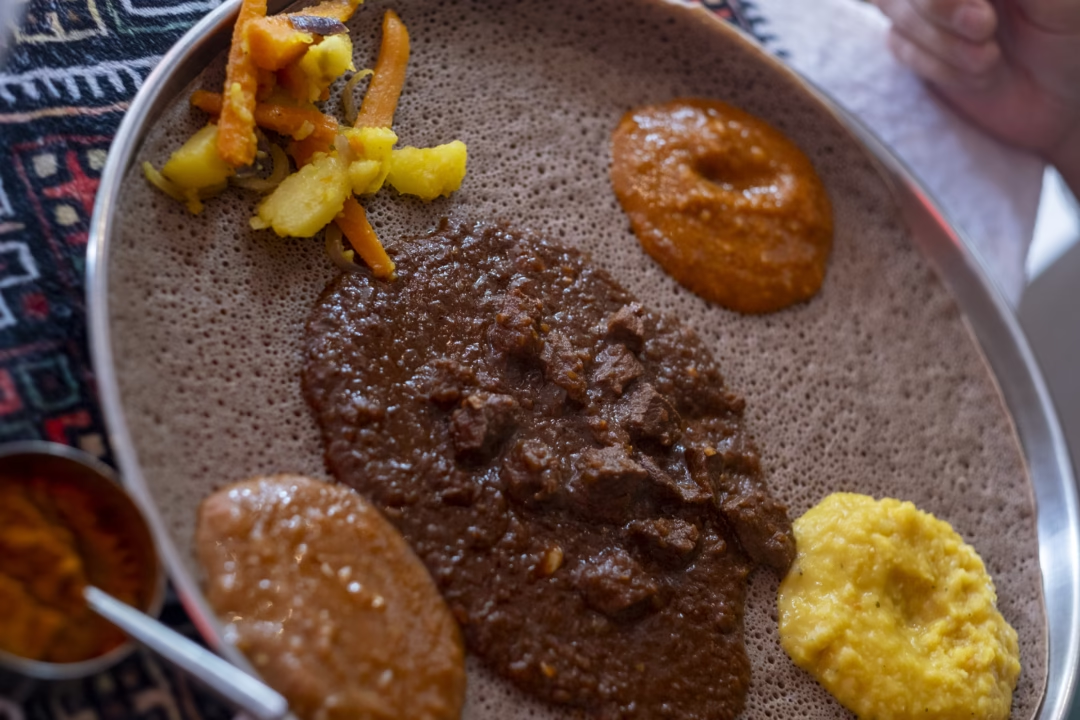
The owner, Beletse Abraha, insists I have a drink. He offers a choice of inviting, aromatic coffees, but since I’m in a hurry, I opt for a can of guava juice to take away. His portrait is in this essay to show the kindness behind the counter.
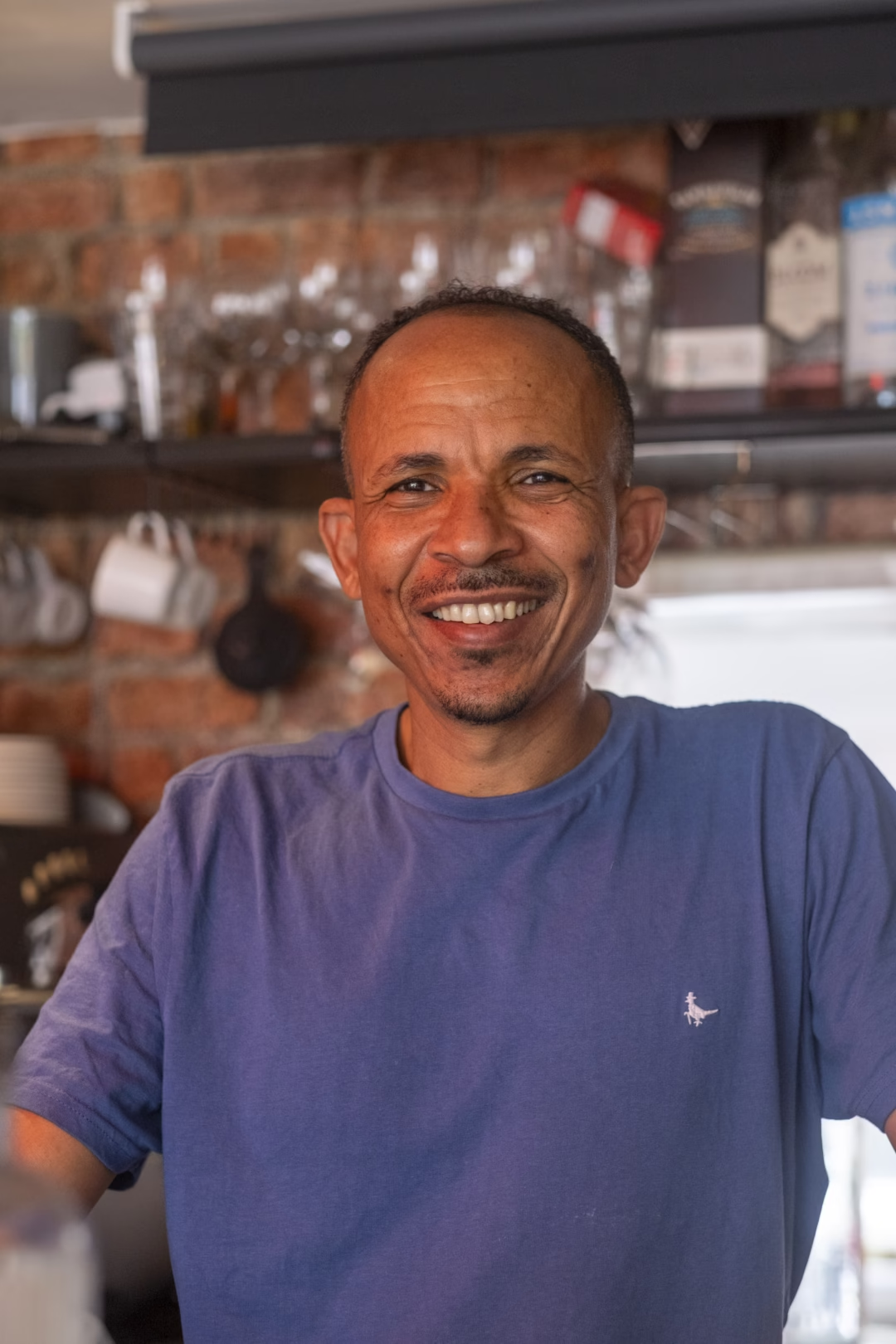
That same warmth and hospitality greeted me everywhere.
At Mandhi Palace, a Yemeni restaurant, I met Salah, an Uber driver from Eritrea who came to the UK as an asylum seeker. He was camera-shy, but smiled and laughed easily. When I told him I was working on a photo essay, he said simply: “If you’re hungry, you should eat.” Sharing food, he explained, is part of his culture. I was hungry – and the food was incredible.
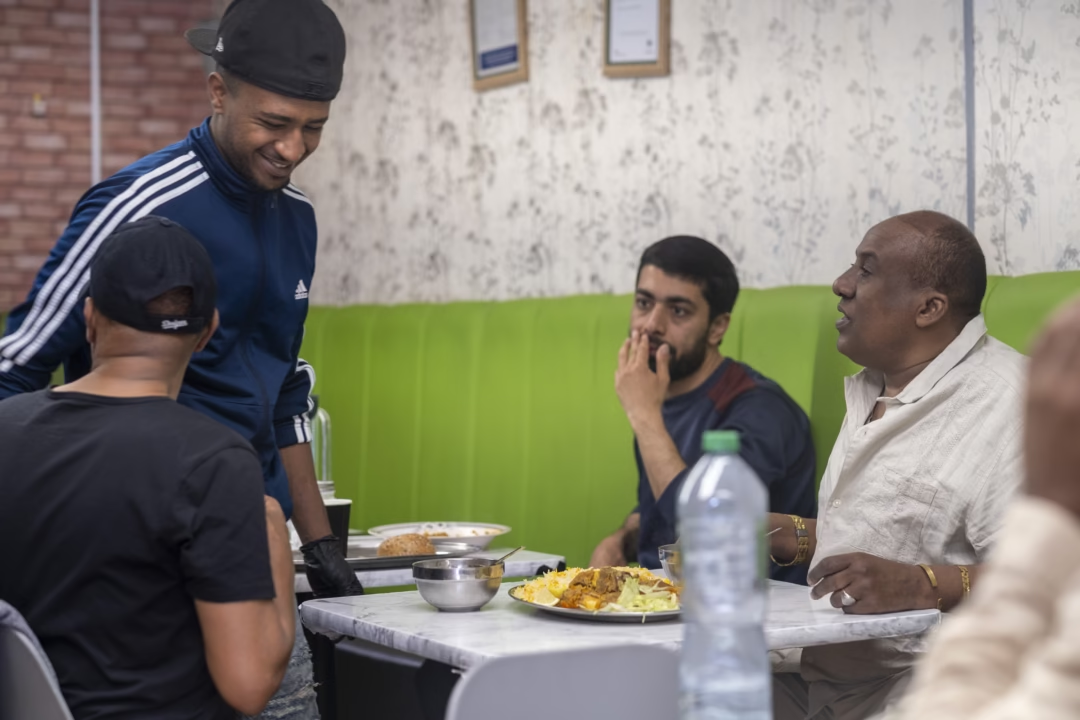
These restaurants are more than places to eat. They’re small worlds built with care, by people who work hard every day to keep Bristolians fed. As the city changes and small businesses face growing challenges, these places stay strong.
They remind us that kindness and hospitality is still alive and well. You just need to pull up a chair and join in.
Independent. Investigative. Indispensable.
Investigative journalism strengthens democracy – it’s a necessity, not a luxury.
The Cable is Bristol’s independent, investigative newsroom. Owned and steered by more than 2,600 members, we produce award-winning journalism that digs deep into what’s happening in Bristol.
We are on a mission to become sustainable, and to do that we need more members. Will you help us get there?
Join the Cable today
